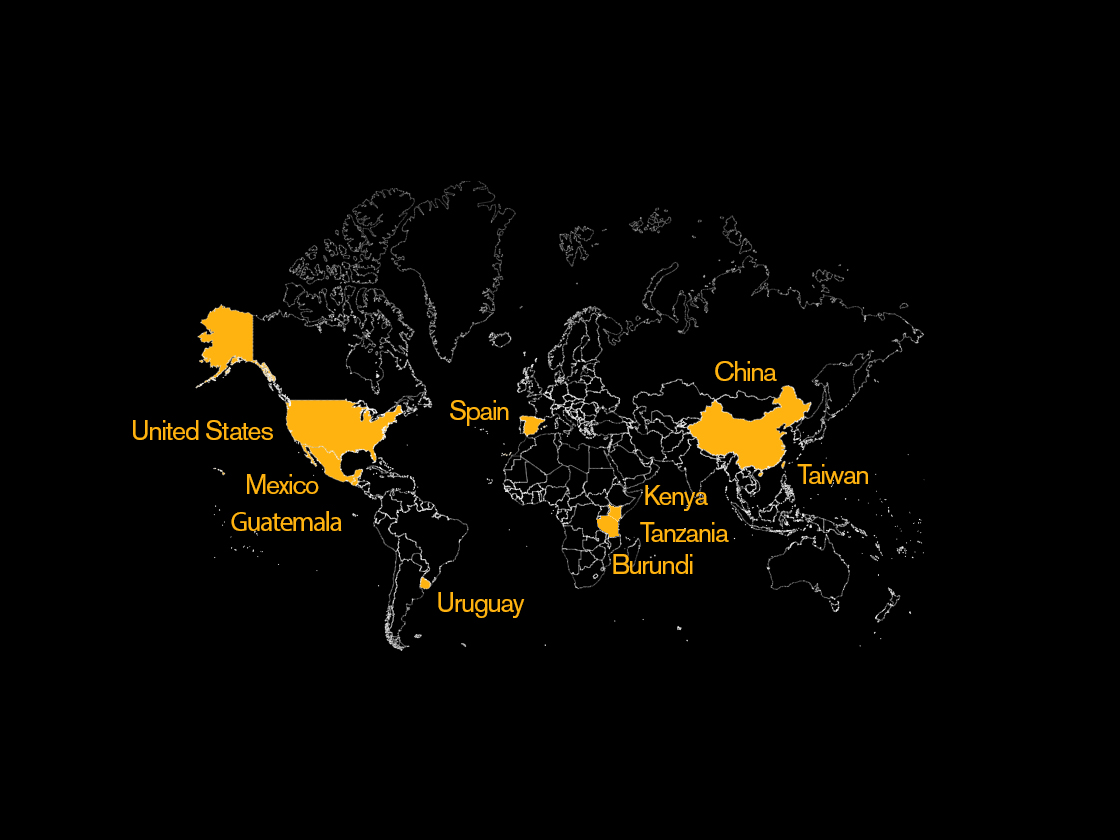Anti-immigrant sentiment and adolescent wellbeing in the Arizona-Sonora border region

Adolescents at risk for mental health problems
Flavio F. Marsiglia, PhD
Hilda Garcia Pérez, PhD
Marvyn Arevalo-Avalos
The study team seeks to advance knowledge about the experiences with violence, anti-immigrant sentiments, and coping strategies of youth along both sides of the US-Mexico border in Nogales, Arizona and Nogales, Sonora. The overall goal of this binational and transdisciplinary research team is to assess how these experiences and coping strategies can be protective or put adolescents at risk for mental health problems. The project goals of this research study are to:
Explore the impact of anti-immigration sentiment, policies, and violence on migrant adolescents in both Nogales, Sonora and Nogales, Arizona, non-migrants in Nogales, Arizona, and recent deportees residing in Nogales, Sonora;
Explore the positive and negative coping strategies employed by these adolescents as a result of their experiences with anti-immigrant sentiment, policies, and violence; and
Assess how these experiences and coping strategies affect the mental health and wellbeing of adolescents on the Arizona-Sonora border.
Coping strategies; mental health; violence
Five focus groups and 18 in-depth interviews with six categories of high school students from Ambos Nogales. Participants in Mexico were students who migrated from another Mexican state, students native to the Nogales, Mexico area, returnees from the United States, and transborder students. Participants in Arizona were Mexican American and Mexican immigrant students.
For these students of Ambos Nogales, the border is seen as a resource because it gives them the possibility of participating in alternative retailing, educational experiences, and unique economic opportunities in the region. On the other hand, the border is also a risky space, since they face insecurity, stigmatization, discrimination, and the risk of being recruited by drug traffickers. In their narratives, the students describe that the re-bordering process understood as constant difficulties in crossing the border, anti-Mexican sentiments, and the stigmatization of border communities affects them. For instance, transborder students must continually redefine their strategies to crossing the border to attend school in the US. Similarly, the anti-immigrant environment impacts the way Mexican American and Mexican immigrants residing in Arizona are perceived and treated at crossing points and in other non-border communities. Students from Ambos Nogales agreed that failing school might lead some adolescents to participate in illicit activities such as drug trafficking. Students of Ambos Nogales also stated that re-bordering ideologies, promote intolerance and discrimination against Mexican Americans and Mexicans, affecting their mental health and life trajectories. These findings have direct implications for prevention intervention research on the border region.
García-Pérez, H., Arevalo-Avalos, M., Ayers, S. L., Kulis, S. S., & Marsiglia, F. F. (2022, March-April). When stigmatization and re-bordering intersect and hurt Latinx adolescents’ health in the US-Mexico border. Panel presentation at the Association for Borderlands Studies annual meeting. Denver, CO.
Hilda García-Pérez, Arévalo Avalos, Marvyn, Stephanie Ayers y Flavio Marsiglia. 2021. RE:Border 2021, When stigmatization and re-bordering intersect and hurt Latinxs adolescent’s health in the US-Mexico border. Nov 16- 17. San Diego California
Arévalo Avalos, Marvyn, Hilda García-Pérez, Stephanie Ayers y Flavio Marsiglia. 2019. Impacts of anti-immigrant sentiments on adolescent wellbeing in the Arizona-Sonora border region. 2019 Arizona Health Equity Conference. Oct 10, Phoenix, AZ